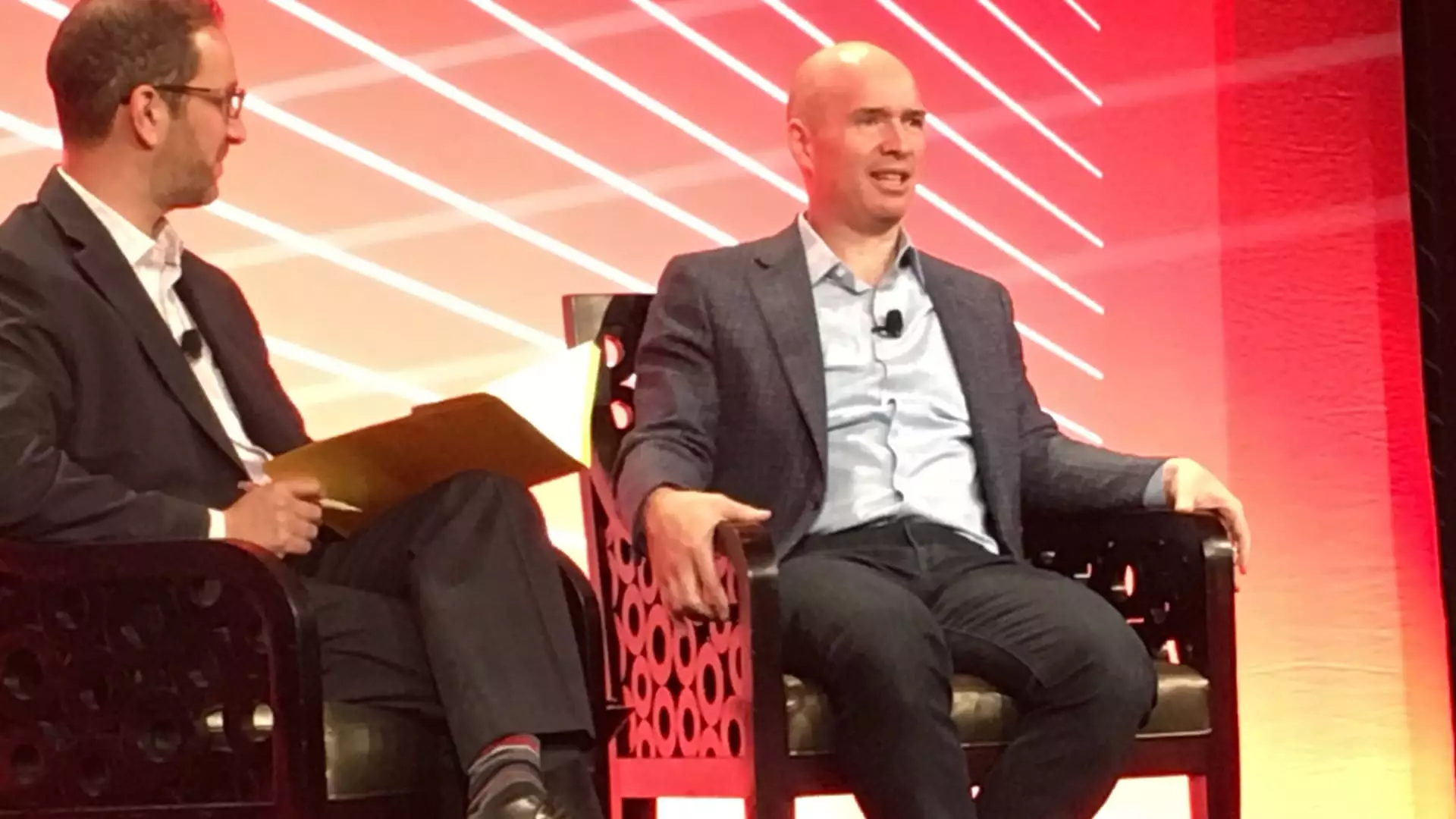In the dynamic landscape of Silicon Valley, where innovation thrives and political affiliations often shape business environments, recent actions by venture capitalist Ben Horowitz have stirred discussion. In a striking turn of events, Horowitz, co-founder of the venture capital firm Andreessen Horowitz, has publicly announced donations to support Vice President Kamala Harris’ campaign for re-election, juxtaposed against prior endorsements aligned with Donald Trump. This pivot raises questions about the nature of political affiliations among tech leaders in a rapidly evolving political climate.
Just months prior to his recent announcement, Horowitz expressed support for political action committees advocating for Trump’s presidential aspirations. This alignment was predicated on what Horowitz and his partner Marc Andreessen termed a “little tech agenda,” fostering a climate favorable to smaller tech businesses. Their firm has typically refrained from endorsing candidates, choosing instead to focus on broader issues that directly impact the startup ecosystem. However, the new backing for Harris signals a complex reevaluation of their political strategy, founded in personal relationships rather than prevailing partisan lines.
Ben Horowitz’s stated friendship with Harris, cultivated over more than a decade, illustrates how personal connections can influence political contributions, particularly in the high-stakes world of venture capital. In his communication to employees, Horowitz emphasized the importance of this relationship, suggesting that personal bonds often transcend ideological differences. Such a decision might reflect a level of disillusionment with traditional party lines and a desire to support candidates with whom he shares a personal rapport, rather than strictly adhering to political affiliations rooted in broader agendas.
As Horowitz navigates between supporting high-profile candidates from different ends of the political spectrum, the implications for his firm’s political engagement are multi-faceted. This desire to support Harris while previously aligning with Trump showcases a more fluid political landscape within tech, where relationships can significantly alter individual stances and actions. This pattern has broader ramifications for how Silicon Valley influences political discourse, as it reveals a readiness to pivot based on personal affinity and perceived benefits for their industry.
The recent developments surrounding Ben Horowitz and his donations to the Harris campaign epitomize a reflective shift in how political affiliations are approached in the tech industry. As he and his firm encounter the complexities of the evolving political space, their actions may be indicative of a trend where personal relationships take precedence over strict ideological adherence. With a future that remains uncertain, it will be crucial to monitor how such alliances will inform not only individual business practices but also the broader operational ethos of Silicon Valley as it interacts with the political landscape.

